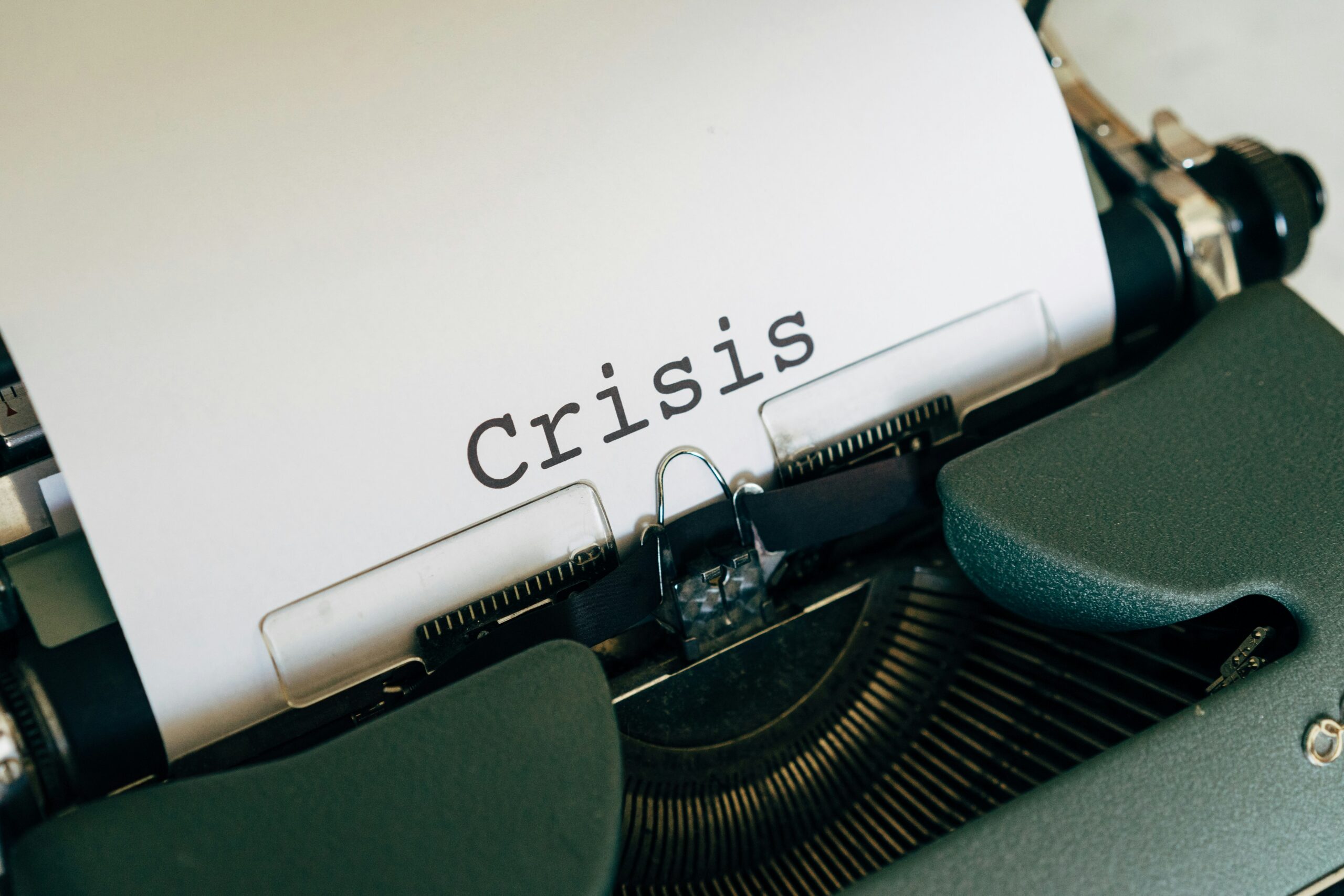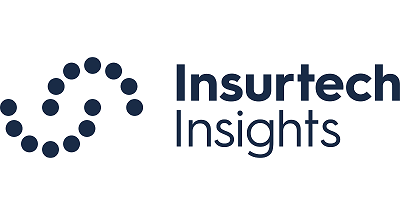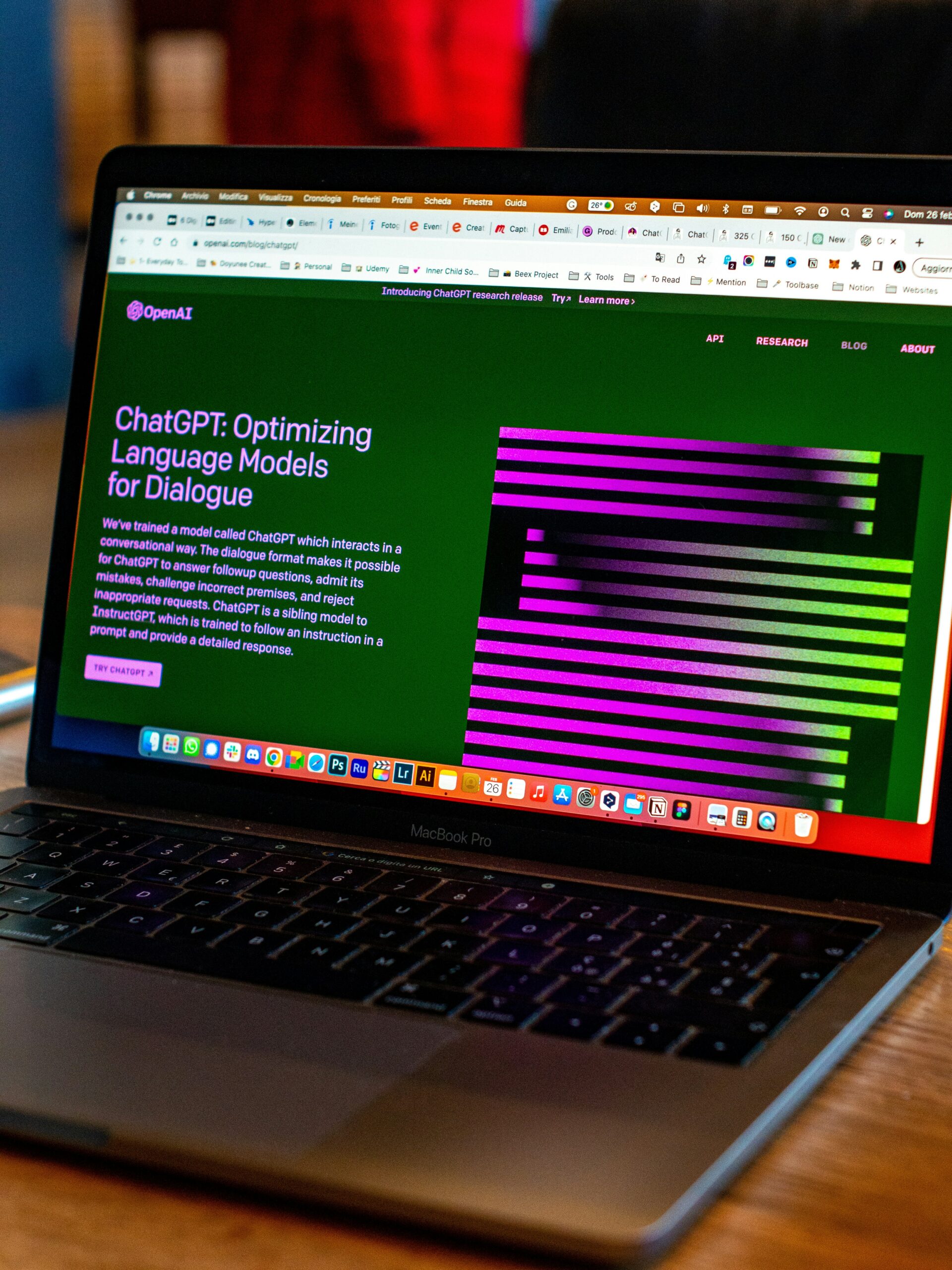Blogs
Control the Narrative at a ‘Wobbly’ Moment Before Someone Else Does

Managing issues amid heightened geopolitical tension
Every brand wants to tell their stories when the sun is shining, and markets are flourishing. But in today’s volatile business climate, where sanctions, trade restrictions, and geopolitical conflict can spark operational disruptions overnight, what matters most is whether your company is prepared to weather the storm. That means communicating with clarity, speed, and credibility amid uncertainty.
We live in an era when a social media post from a government official can reshape global supply chains in real time. Geopolitical tensions, be it a tit-for-tat over technology exports, or a sudden border closure, are becoming increasingly relevant to everyone. They’re now baked into the business environment, especially for multinational corporations.
In our crisis communications work across Asia Pacific, we’ve observed that companies navigating these moments successfully have made a strategic shift from viewing communications management of critical issues as a reactive tool to embracing it as a proactive instrument.
The unpredictable nature of geopolitical crises means no one knows precisely when or how they happen. But as communications professionals, you can choose whether you’re prepared or caught off-guard. Here are four best practices in communications during this intense period:
- Deliver Speed with Substance but Avoid the Vague Statement Trap
When geopolitical events occur, organizations often default to vague statements such as “We are monitoring the situation” or “We are assessing regulatory impacts.” This creates an information void, one that others will rush to fill. These lines may feel safe, but they don’t define what the situation means for your company. That leaves it up to someone else to do it for you, and they will not necessarily be generous.
Your primary communication goal should be eliminating surprises. Surprises can soon couple with confusion and destroy trust. Share difficult news early and address customer concerns directly because they are a central priority. They don’t need geopolitical analysis; they need to know how this event is going to affect them. Will you continue to supply products or services? Will there be a price increase? Will your commitments still hold?
- Be Upfront and Transparent
One of the most damaging things a company can do during a geopolitical crisis is pretend everything is business as usual when it clearly isn’t. From customers to regulators to institutional investors, your audiences can sense evasiveness, let alone insincerity, immediately. During geopolitical crises, they need candor and reassurance, not spin.
Being proactive means saying what you know, what you’re doing, and what your company’s plans are, even if those plans are still evolving. This will show your company is as much in control of the situation as it can be and being as transparent as possible in the circumstances – all of which generates trust and confidence in the organization and its leadership.
It is also key to clearly communicate your company’s operational and financial stability. If your exposure to particular risks is limited or you’ve diversified your supply chain, make that known. The goal is not to conjure up a thin narrative that can be challenged on its face, but to ground the conversation in a credible way in the facts before speculation and conjecture take hold.
- Shape the Narrative Before Speculation Takes Over
Information is just one click away and it doesn’t stay contained anymore. When political risks threaten your operations, speculation begins immediately among partners, suppliers, employees, and customers, potentially spilling into media coverage and triggering market reactions.
This is why PR and communications counsel must be integrated early in the process of strategic corporate scenario planning. The biggest mistake in high-stakes geopolitical situations is going silent until legal or corporate strategy teams are “ready.” Sometimes, waiting until you’re “ready” means waiting too long. Once the news is out you can lose control of the narrative. At best, you’re trying to catch up. At worst, you’re letting others define your reputation.
Effective narrative management means offering a story that is:
- Factual
- Forward-looking with needed and prioritized actions that will be taken
- Truthful about who will be impacted
- Start Internally Before Speaking Externally
Your employees are your first and most critical audience. Silence breeds fear, which quickly becomes disengagement or attrition, particularly for companies with global teams and cross-border reporting structures.
During tense periods, internal communications should:
- Acknowledge the issue directly and convey the actions being taken
- Provide clarity on business continuity
- Reaffirm core values and responsibilities
Well-informed internal audiences strengthen the credibility of external communication. Nothing undermines public messaging faster than contradictory anonymous employee quotes to the media.
The Bottom Line
Some geopolitical risks are foreseeable. While you can’t always avoid their consequences, your communication approach determines whether your audience sees your company and its leadership team as capable and reliable.
Multinational companies face heightened economic, regulatory, and political pressures, the potential severity of which vary across borders. Engage your communications team in geopolitical risk planning early and constantly ask: “What do our audiences want to know from us right now?”
The most effective crisis responses begin with a mindset: leadership includes communication, and communication requires readiness. In the age of geopolitical risk, crisis communications isn’t a matter of if. It’s a matter of how well you’re prepared and then engineering the most effective execution of that plan.
Latest News



